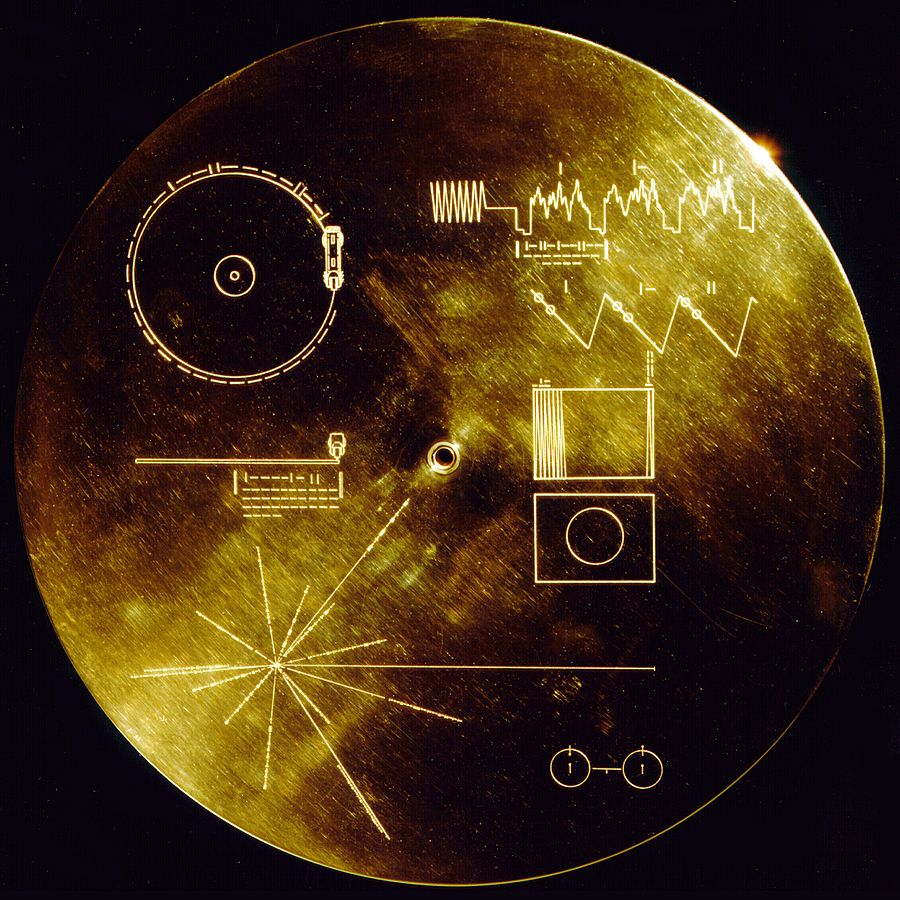This is a commonly used argument, indeed often taken for granted. We can simulate physics on a computer. So, the argument goes, what is to stop us eventually simulating your whole body including your brain? And if so, is it not just a matter of time, and increasing computer power before we have exact simulations of humans as computer programs? Programs whose behaviour is indistinguishable from humans?
This is a staple of many science fiction stories of course. But some logicians, philosophers and physicists think there are flaws in this argument.
We know the laws of physics are incomplete. Could there be physical processes which for some reason are impossible to simulate using a computer program? And could processes like that go on in a human being?







